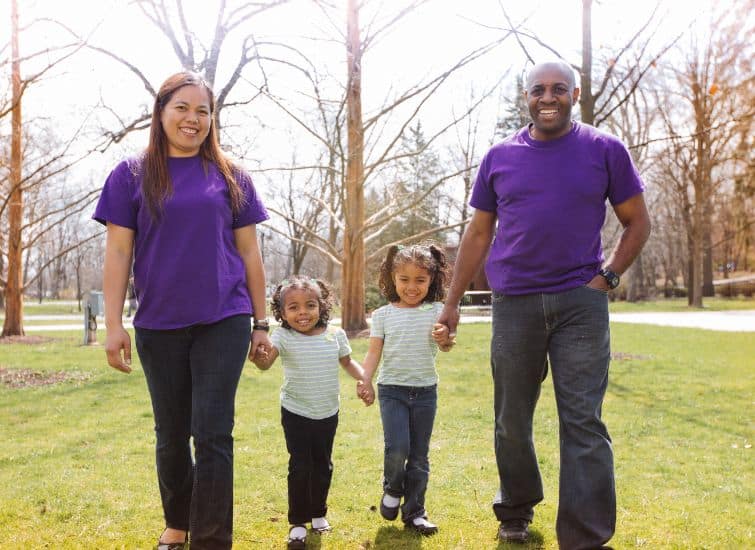Dependent Child Program
Dependent Child Program
The Dependent Child Program in Canada is one of the routes a Canadian citizen or permanent resident can sponsor a family member for permanent residence in Canada. It allows a sponsor to bring a dependent child to Canada, if the child qualifies, under the Family Class Sponsorship Program.
Oro Immigration helps families with the sponsorship application process, documentation, and other requirements.
Eligible Dependent Children
Before making a sponsorship application, the eligibility must be confirmed, to ensure the child qualifies under this program.
The child must be the biological or adopted child of the parent who is a Canadian citizen or permanent resident.
A dependent child must be under the age of 22 and not have a spouse or common-law partner, except in certain circumstances, and be dependent on the parent sponsoring their immigration.
Older children may be considered dependent if they were financially dependent on the sponsor since before 22 years of age, are studying full-time, or are dependent due to a mental or physical condition.
The age lock in date is the date the IRCC receives the complete sponsorship application.
All dependent children being sponsored must undergo a medical examination to determine health and admissibility to Canada. They must also undergo background checks and security clearances to ensure they do not pose a security risk to Canada.

Documentation Requirements

The potential sponsor needs to provide proof of Canadian citizenship or permanent residency, as well as proof of relationship to the dependent child, including the birth certificate, adoption papers, and other documentation.
The sponsor must also provide proof of income, including tax returns, employment letters, and bank statements. The sponsor needs to show evidence of being able to provide adequate financial support to the child.
The dependent child needs to provide copies of a valid passport, birth certificate and other identification documents. The Application for Permanent Residence and Additional Family Information form need to be completed. Copies of a medical examination report and police clearance certificates need to be included with the application. Police clearances are needed for any country where a dependent was born and lived in for more than six months. The application will also require documents to prove the relationship between the child and the parent. Other relevant forms may also be required.
Process
Note that applicants in Québec have a different process, and need to apply for a Québec Selection Certificate, and sign an undertaking.
Processing Fees
Processing fees must be paid online, and a copy of the payment receipt submitted with the application. These fees are non-refundable.
Application
Applications can be made online, on the Government of Canada IRCC website. All forms and supporting documents need to be submitted at the same time to avoid delays in processing.
Biometrics
Biometric information, including fingerprints and a photo, may be requested, usually if the dependent child is 18 or over. This needs to be completed at a Visa Application Center (VAC)
Interviews and Requests for Additional Information
In some cases, either you or your dependent child may be asked to attend an interview or to provide additional information. Prompt responses with accurate information, and attending interviews as requested, prevents additional delays to processing.
Medical Examination
A dependent child will be required to undergo a medical examination by a designated medical practitioner. Medical examination results from this need to be submitted with the application.

Processing Times and Decision
Processing times can vary, depending on the country of origin or residence that the dependent child is coming from. Processing usually takes about 12 months or longer, however.
Notification in writing is made once a decision is made. If the application is approved, the dependent child receives a Confirmation of Permanent Residence (COPR) and a Permanent Resident Visa (if applicable).
Travel to Canada
The dependent child will need to carry all of the necessary documents, including the Confirmation of Permanent Residence, Permanent Resident Visa, passport, and other identification and travel documents.
When the dependent child arrives in Canada, there is a landing process to follow, as well.
Oro Immigration has helped many families reunite in Canada, using our experience and expertise in Canadian immigration processes. Book a consultation today to see how we can help.

